
How we see The Mabin School
The 50-page review of The Mabin School is part of our series of in-depth accounts of Canada's leading private schools. It provides a unique and objective perspective on the school's academics, programs, culture, and community.
Read our in-depth reviewCompare with:
How The Mabin School sees itself
"The school you’re looking for does exist. An established school where children, teachers and parents work together to create something unique. The Mabin School is a home away from home, where children love to learn because they feel known, respected and capable. Mabin is an educational leader that develops confident and independent learners, who thrive upon graduation, through a rich, hands-on program centred around our belief in Integration, Inquiry & Reflection. Learn about our progressive approach at mabin.com."






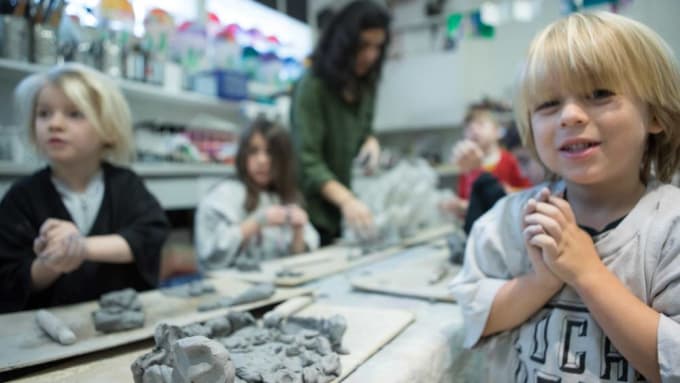



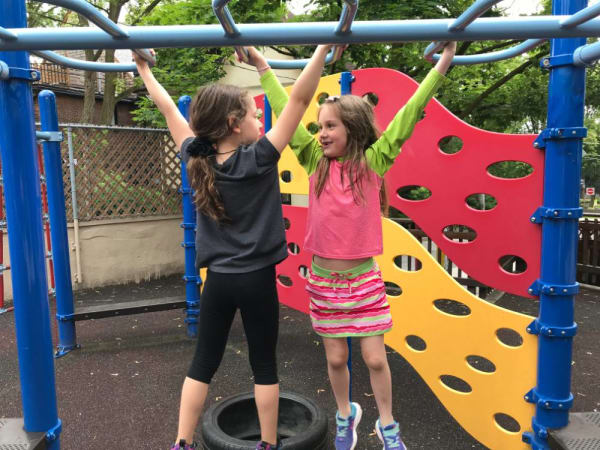
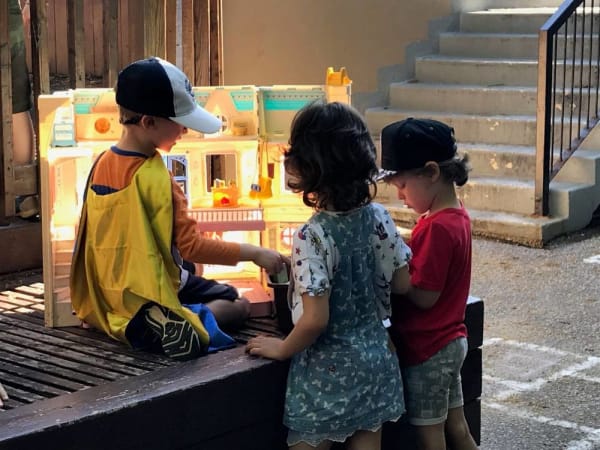






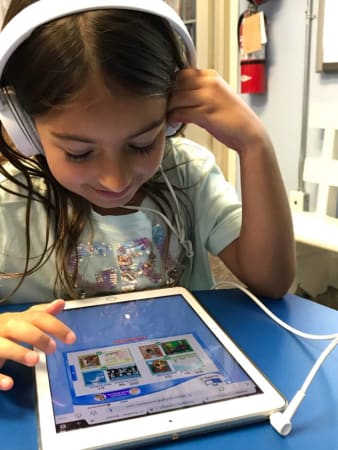

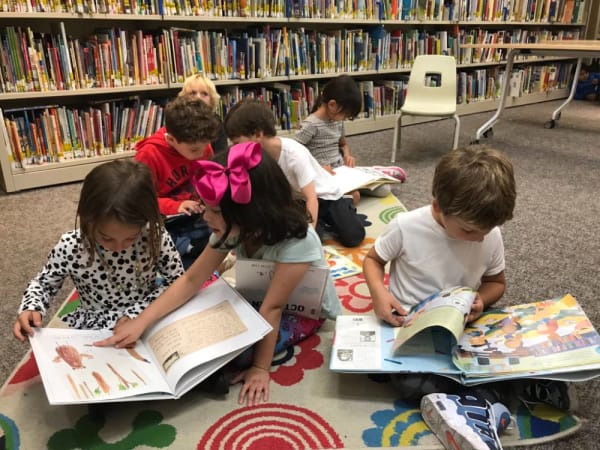



How people from the school’s community see The Mabin School
Top-down influence on the school’s direction and tone

Simone Gravesande, Principal
Knowing that I would be the lucky one to assume the principalship at The Mabin School made me curious to try to understand, and perhaps define, a term that most always comes up when someone – a parent, a student, a teacher, a staff member, an alumni, a Board Member – tries to define what is special about our school, the “Mabin Magic”. In preparing for my role, I spent a lot of time observing and talking to people about what makes Mabin so special, and, in fact, magical. It wasn’t long before I, too, came to experience the magic that is Mabin.
I noticed immediately the warm and welcoming feeling that exudes from everyone you encounter here. There is always an immediate effort, from children and adults alike, to make visitors and new unicorns (the unicorn, our mascot) feel accepted and included, which is a noticeable part of the culture at Mabin. There are authentic relationships that are a catalyst for the diverse learning opportunities in which students and staff engage. I’d had a glimpse of this working with Mabin staff previously as part of a few Relationship-Based Institutes hosted at The Mabin School over the years. The school’s focus on inquiry-based learning gives students a level of autonomy and agency to do more than participate in the learning process, but to drive it in the direction of their interests and curiosities. There is an attentiveness to promoting creativity in Mabin’s students, allowing them to develop as original thinkers in a place that is joyful, encourages questions and strives to allow students to think about how they can make a positive difference in the world. The learning is carefully planned and personalized to suit each student’s unique learning style. What could be more magical? Most exciting for me as principal, is that our collaboration serves to give students the opportunity to harness their learning to make change in meaningful ways that will impact the world around them. And what I have learned from spending time in the school is that the world needs a little Mabin!
Before joining The Mabin School, I worked as an elementary school principal for 18 years in the public school system, serving in the Peel District School Board. Most recently, I worked as a Coordinating Principal in the Director’s Office, supporting principals in the board and working on projects with a focus on improving student achievement and well being.
Prior to my work in school leadership, I taught students from JK - Grade 8, always ensuring that students were provided with the optimal conditions for learning. It has always been important to me that students have opportunities to develop their interests and to explore new avenues for learning and creative expression. It is my belief that given the right conditions, all students will achieve success. I have had the benefit of relevant and impactful professional learning in my career so far, focusing on teaching and learning and leadership for learning, and look forward to continuing to learn and grow professionally while working to lead staff and students to meeting their full potential. I am excited to be leading The Mabin School, a place that is truly magical.
THE OUR KIDS REPORT: The Mabin School
Next steps to continue your research:
Continue researching The Mabin School with OurKids.net, or visit school website.